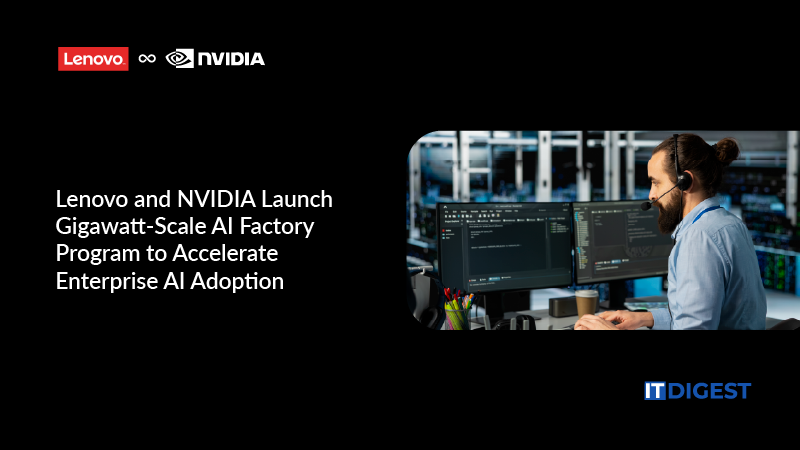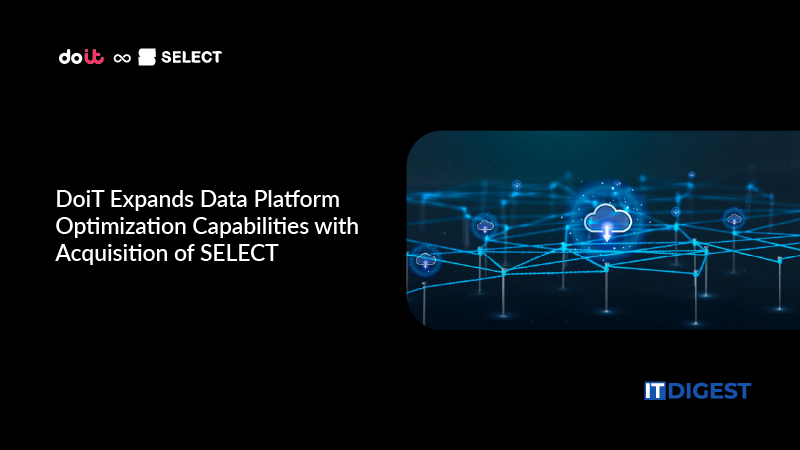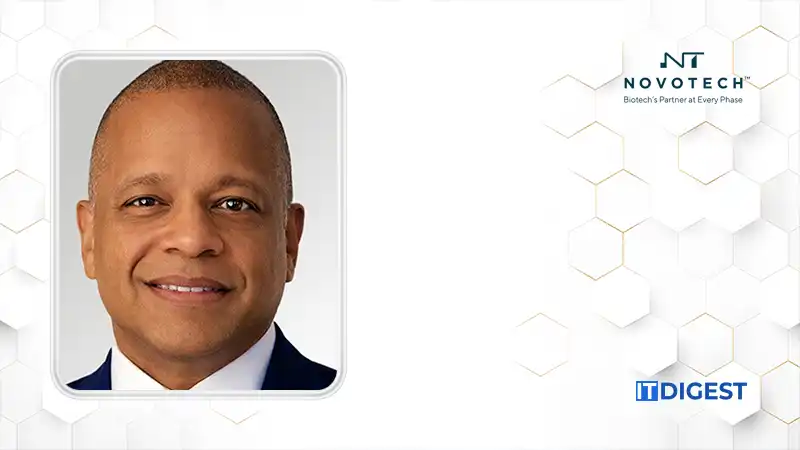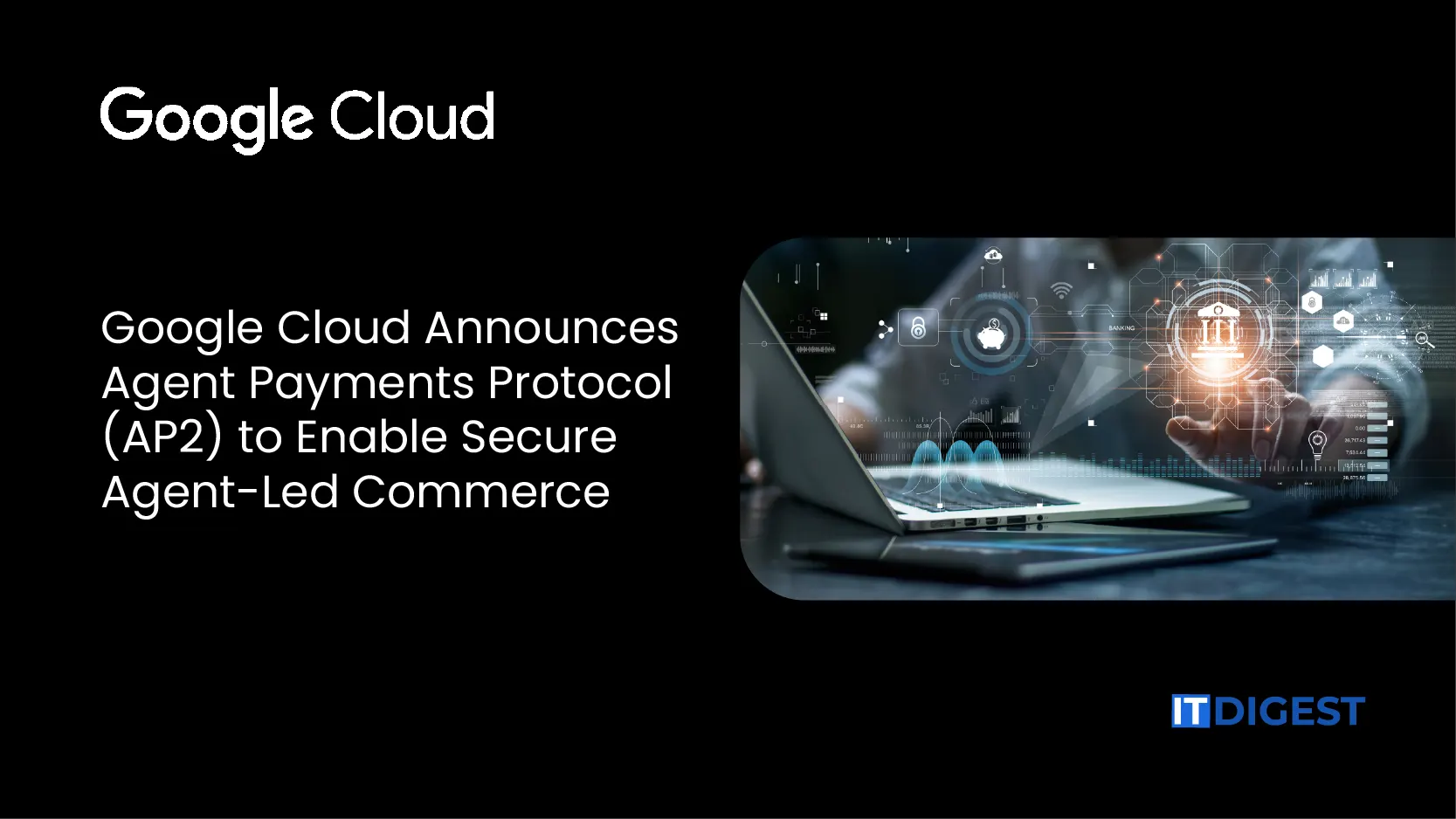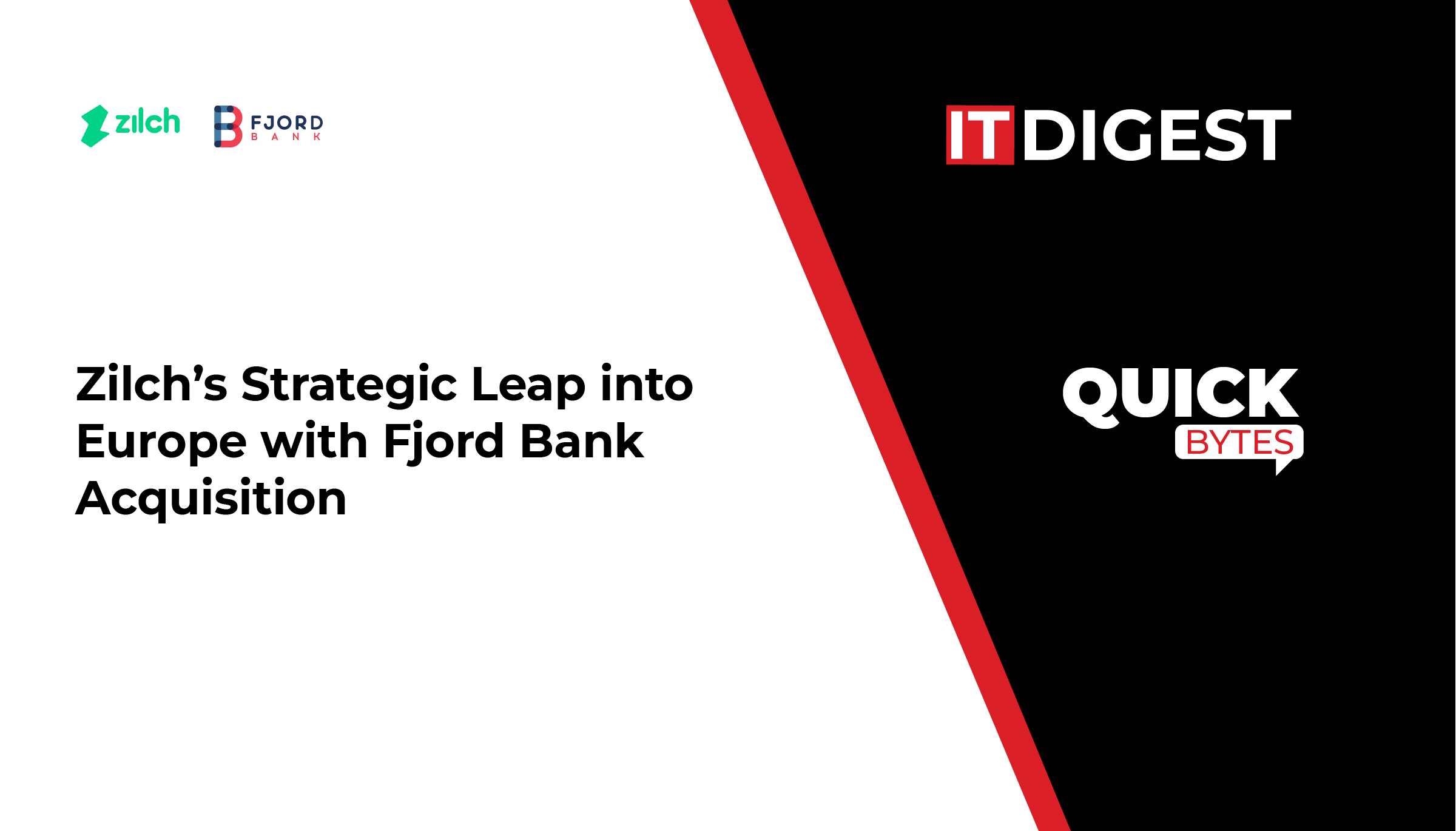Google Cloud announced the launch of the Agent Payments Protocol (AP2), an open protocol developed in collaboration with leading payments and technology companies. AP2 enables secure initiation and execution of agent-led payments across platforms. The protocol functions as an extension of both the Agent2Agent (A2A) protocol and the Model Context Protocol (MCP).
AP2 establishes a payment-agnostic framework that supports users, merchants, and payments providers transacting across all kinds of payment methods with confidence. Over 60 organisations have shaped the protocol, including Adyen, American Express, Ant International, Coinbase, Etsy, Forter, Intuit, JCB, Mastercard, Mysten Labs, PayPal, Revolut, Salesforce, ServiceNow, UnionPay International, Worldpay, and others.
Need for AP2
As AI agents increasingly transact on behalf of users, AP2 addresses the changing assumptions in payments systems. Traditional systems often assume a human directly confirms transactions, but autonomous agents challenge that assumption by initiating payments. AP2 provides mechanisms to resolve key issues of:
-
Authorization, by proving that a user gave an agent specific authority to make a particular purchase.
-
Authenticity, by ensuring a merchant can confirm that an agent’s request accurately reflects a user’s true intent.
-
Accountability, by enabling determination of responsibility in the event of fraudulent or incorrect transactions.
How AP2 Works
Trust within AP2 is established via Mandates, which are tamper-proof, cryptographically-signed digital contracts that serve as verifiable proof of a user’s instructions. These mandates are signed using verifiable credentials (VCs) and form foundational evidence in each transaction.
There are two primary shopping scenarios:
-
Real-time purchases (human present): A user issues an Intent Mandate when asking an agent to search for items (for example, “Find me new white running shoes”). After the agent composes a cart of selected items, the user signs a Cart Mandate. This creates a secure record of the exact items and price.
-
Delegated tasks (human not present): The user signs a detailed Intent Mandate up front that specifies conditions such as price limits, timing, or other rules. Once those conditions are met, the agent may generate a Cart Mandate automatically on behalf of the user.
In both situations, the sequence from Intent Mandate → Cart Mandate → linking to the payment method ensures a non-repudiable audit trail, providing clarity around authorization, authenticity, and accountability.
Also Read: Personetics Unveils MCP Server for Agentic AI in Banking
Supporting Emerging Payment Systems
AP2 is designed to be universal: it supports credit and debit cards, stablecoins, real-time bank transfers, and other payment types. To accelerate adoption in web3 and cryptocurrency ecosystems, Google Cloud has worked with organisations such as Coinbase, Ethereum Foundation, and MetaMask to extend AP2 via the A2A x402 extension, a production-ready solution for agent-based crypto payments.
Industry Collaboration and Ecosystem Support
Google Cloud invited participation from a broad ecosystem to define, test, and adopt AP2. The protocol will evolve via an open, collaborative process—through standards bodies and contributions from technology providers, merchants, payment networks, issuers, and end users.
Many partners building A2A agents have extended support to AP2. Enterprise companies are expected to use AP2 for business-to-business (B2B) applications, enabling autonomous procurement via Google Cloud Marketplace or automatic scaling of software licences based on real-time need.
Google Cloud has published a public GitHub repository containing the full technical specification, documentation, and reference implementations. The repository will be updated regularly with contributions from Google and the wider community.
Statements from Partners
-
“Google Cloud’s Agent Payments Protocol (AP2) complements the Agent2Agent protocol and Model Context Protocol to provide a unified framework for agents to transact. Innovations like this will enable many of the agentic solutions that reinvent payments for clients – not only for today’s needs, but for the evolving models of future commerce.” – Scott Alfieri, Google Business lead at Accenture
-
“Adobe is proud to work with Google to advance secure and authenticated agentic commerce – our role in the Agent Payments Protocol (AP2) underscores our commitment to trusted, AI-driven experiences. With Adobe Commerce and AI agents powering customer journeys, we are focused on delivering secure, reliable, and authentic transactions for businesses and consumers.” – Loni Stark, VP of Strategy and Product at Adobe
-
“Agentic commerce is not just about a consumer-facing chatbot, but about the underlying infrastructure that powers it all. Adyen’s collaboration on Google’s Agent Payments Protocol (AP2) is a natural extension of our mission to provide the merchants with the payments building blocks for tomorrow’s commerce. We’re excited to help establish a common rulebook that ensures security and interoperability for everyone involved in the payments ecosystem.” – Ingo Uytdehaage, Co-CEO at Adyen







